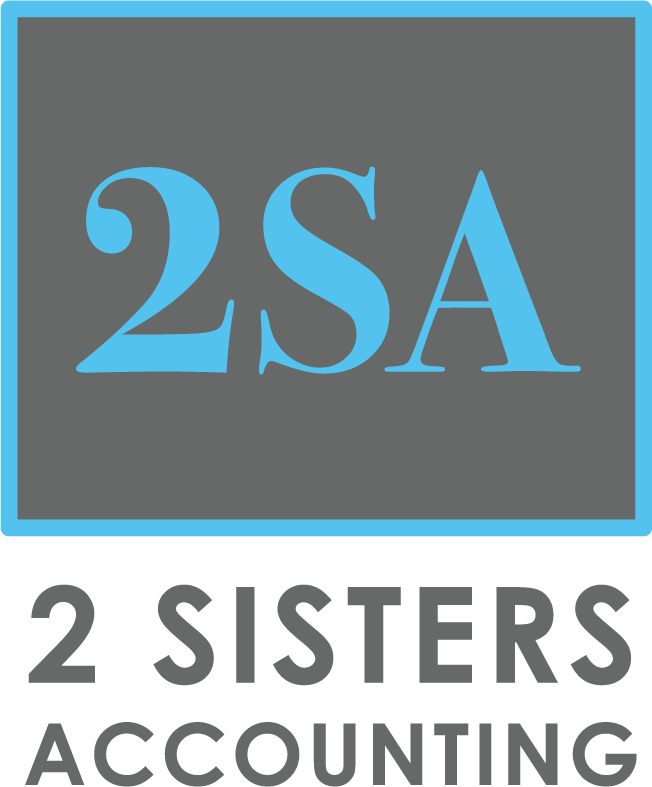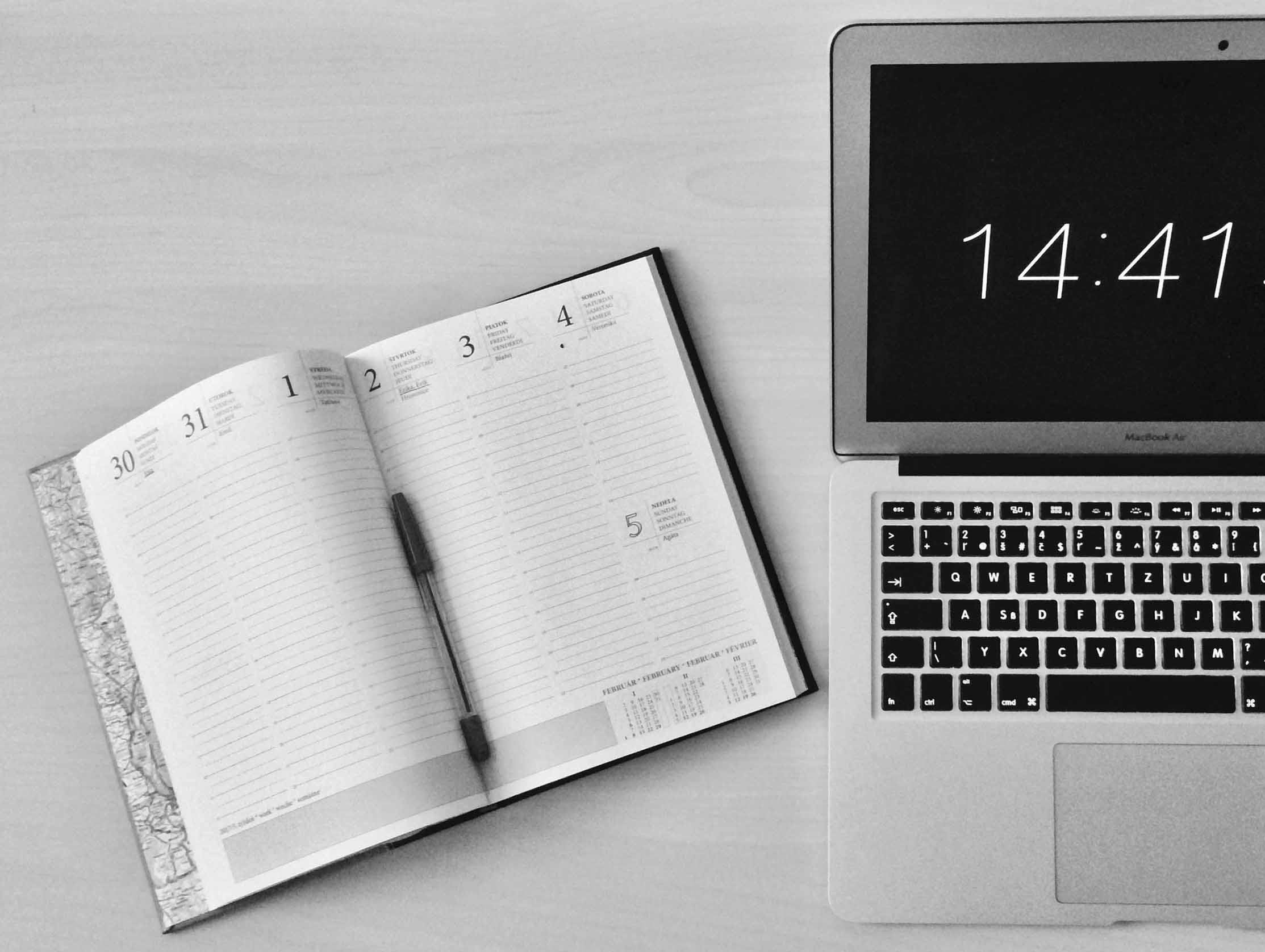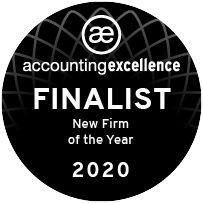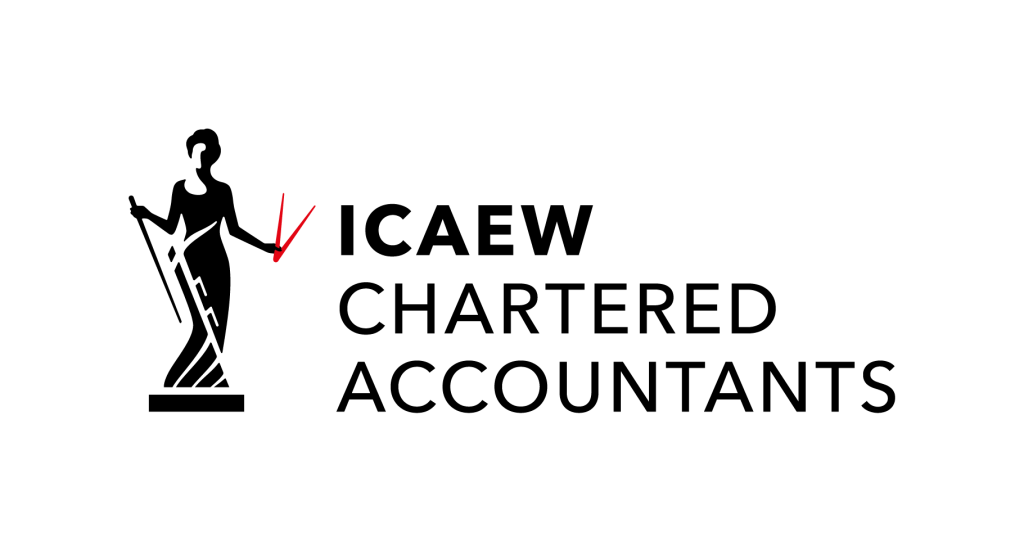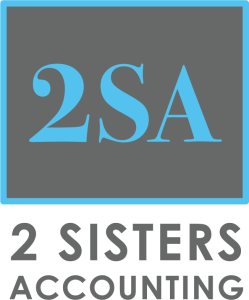| Having run through the basics of VAT registration recently there are some core things to be aware of when you have registered for VAT, including if you can claim VAT back. – Flat rate scheme The VAT flat rate scheme is designed to simplify the process for businesses that do not have a lot of expenses that they can reclaim VAT on. While the business still charges customers the standard VAT rate, usually 20% on sales, the rate that they pay over to HMRC is different. So you pay a flat rate of VAT that is less than 20% to HMRC and keep the difference between the 20% charged to customers and the rate that you pay HMRC. HMRC has a list of all the flat rates and it depends on what your business does which rate you apply. Under this scheme there is no reclaim of VAT on expenses. You can only join this scheme if your turnover is under £150k a year. – Cash or accrual basis You can prepare your VAT on either the cash or accrual basis. The Cash basis means the VAT is due on your sales only once you have been paid, and you can reclaim only the VAT that you have physically paid. The accrual basis on the other hand means you pay the VAT based on the invoice date, whether you have been paid or not. The cash basis gives some inbuilt protection against bad debts and customers paying late as you will not be paying HMRC money that you haven’t received yet. – Pre-registration expenses When you register for VAT you can claim the VAT back on some expenses that you paid for before you were registered. You can only claim for things that you are still using in the business. You can go back 4 years for goods that you still have or 6 months for services. You will need to still have the receipts for these items showing the VAT that you paid (which you should do anyway as HMRC requires you to keep receipts for 7 years) |
 |
| – Receipts and what you cannot claim vat on Receipts are a huge part of reclaiming VAT. You shouldn’t be reclaiming VAT on your purchases without a VAT receipt showing the sellers VAT number and the VAT charged. Good admin is a huge part of VAT returns and this is where receipt storage software like Hubdoc that links into your accounting software is key. You cannot claim VAT back on anything that’s for personal use, it needs to be items that are purely for business use. The usual rules for business expenses apply! Also if your business makes VAT exempt supplies you may find that not all of your VAT is claimable. – Client entertainment and VAT As with corporation tax you cannot claim the VAT back on any client entertainment or gifts. Bear this in mind when uploading receipts to note what is client entertainment and ensure that you are not reclaiming VAT that you are not entitled to. Once again, VAT rules are a huge and complicated area and this is designed just to highlight a few of the key points. If you need VAT advice we will try and help or we can point you in the direction of a VAT specialist that can answer the more specialist questions. Thanks for reading, Beth and Jessie |
